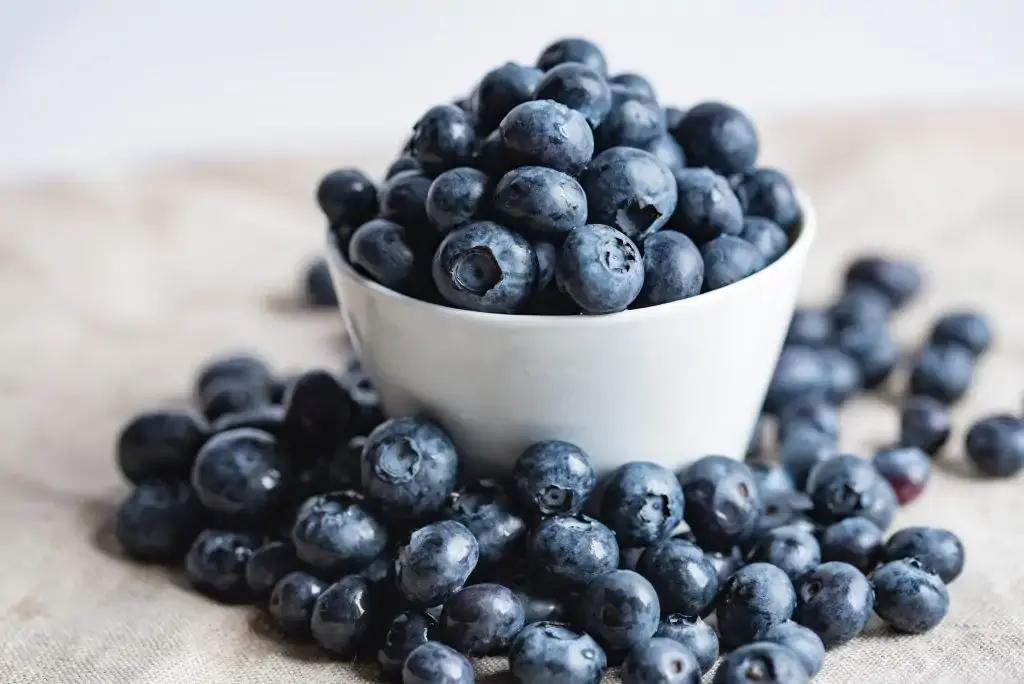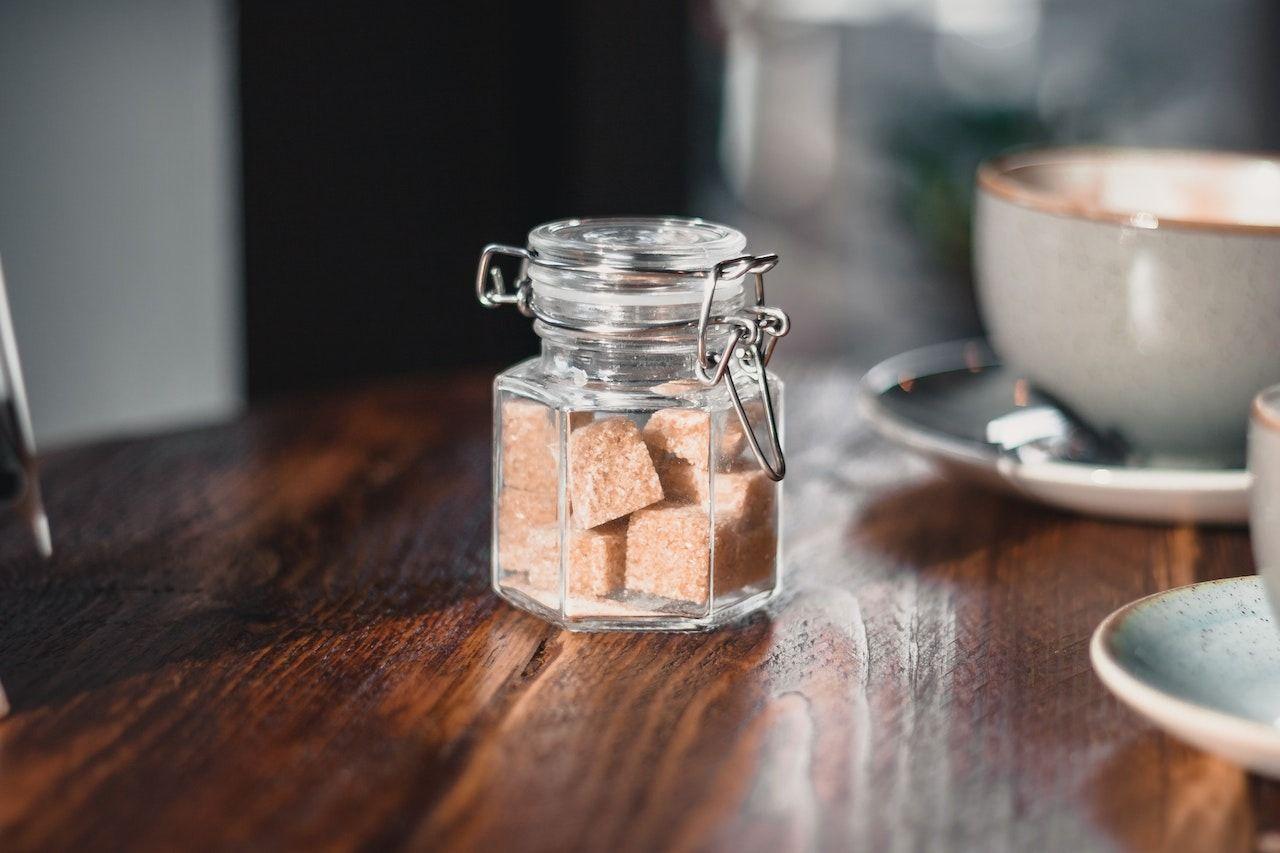What is collagen and why it is needed
Collagen is the key and most common protein in the human body. It is the basis of connective tissue that binds the body into one. The name collagen comes from the Greek word kolla – glue. Tendons, cartilage, blood vessels, young bone tissue, muscles, skin – it is the protein that largely responsible for their structure. For example, in the skin, the collagen content reaches 70% – it provides smoothness, firmness and elasticity.
What does collagen need for?
Of course, maintaining an attractive appearance is far from being the main and only role of collagen. It is part of the basic amino acids, but it is not produced in sufficient quantity by the body. Collagen we get from food, while in our body it remains the most common protein.
But collagen is an unstable thing. It can be destroyed by various factors:
- ultraviolet;
- temperature drop;
- stress;
- hormonal fluctuations;
- a diet high in sugar and fast carbohydrates;
- smoking.
In youth, it’s not scary. First, there are fewer harmful factors: for example, children and young people tend to experience less stress. Secondly, the body produces enough collagen to fill the destroyed areas of the fibrils on time.
Protein production gradually decreases with age. Fibrils are destroyed and the body no longer has time to fill the damaged areas with new collagen molecules.
The skin is the first to suffer because it takes on a maximum of external factors. Destroyed collagen fibres can no longer maintain the epidermis smooth and elastic. Tiny sagging areas appear on the skin – wrinkles.
How to supply collagen
Health and youth begin inside the body, so the food that comes in is extremely important. Superfood in terms of collagen delivery is bone broth: collagen from animal bone gets into the liquid during cooking, it has a positive effect on your bones, muscles and skin.
But other products will either deliver this substance or stimulate its production in the body:
- Olives. They contain sulfur, which affects the amount of collagen production in the body, improves metabolism, reduces skin oil, promotes narrowing of pores on the skin.
- Red fruits and vegetables – apples, strawberries, cherries, grapefruit, beets, tomatoes. They increase the level of collagen due to the high content of lycopene.
- Beans. Increases collagen synthesis and contains hyaluronic acid itself. This acid retains water in the cells, fighting the ageing process, ensures healthy growth of skin cells.
- Soy products. Due to the high content of the natural hormone genistein increases the production of collagen.
- Cabbage, carrots, lemons and oranges. All these vegetables and fruits also contain the necessary substances for the formation of collagen, and in high concentration.
Other ways to increase the level of collagen in the body
- Do not sunburn. Use sunscreen any time of the year, refuse tanning beds or cover your face.
- Collagen in creams is either vain or brands trying to fool you. The amino acid is not absorbed through the skin, but there are gels, masks and creams that contain tretinoin, retinol and peptides. These substances will stimulate collagen production.
- Stop smoking, try to avoid sweet food, eat less salty products and junk food.
- Collagen is produced by skin irritation, which is used by some cosmetic clinics. With the help of the laser, the skin is slightly damaged, and collagen begins to form. The laser and the expensive procedure can be replaced by regular home peeling, various scrubs remove dead skin cells, and new ones appear in their place.
- Reduce stress. Tension and negative emotions reduce the production of collagen, while sports, fitness and even regular exercise in the morning increase it.
- The contrast shower also stimulates the skin to be supple and radiant, all thanks to a sharp increase in collagen levels.
- Do facial self-massage using standard massage lines. Disperse the lymph, do not let the blood stagnate.









